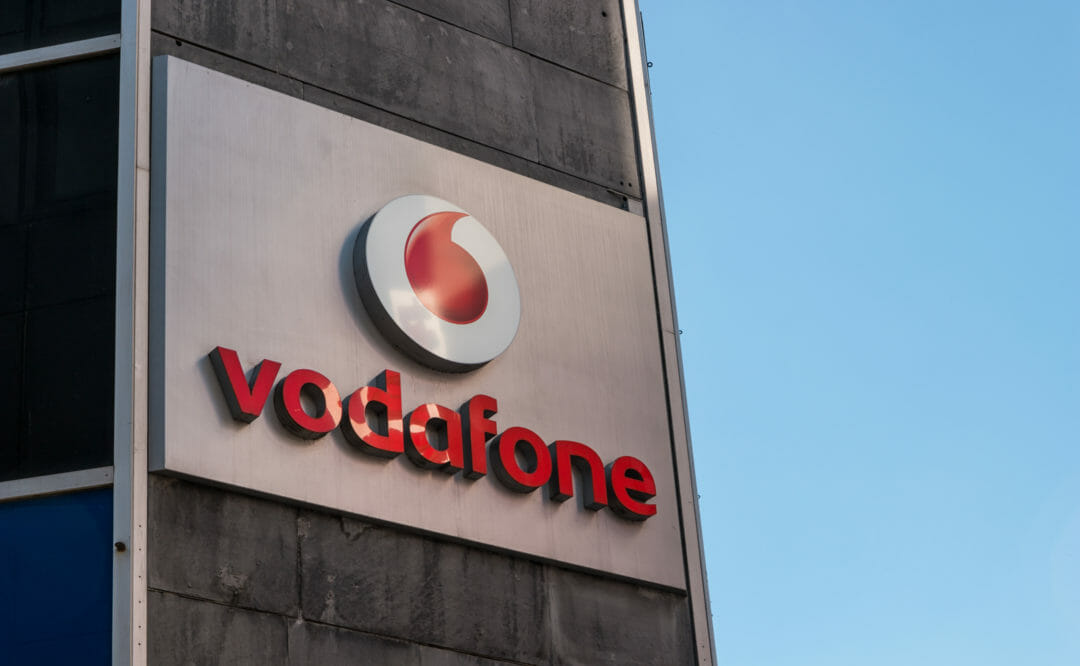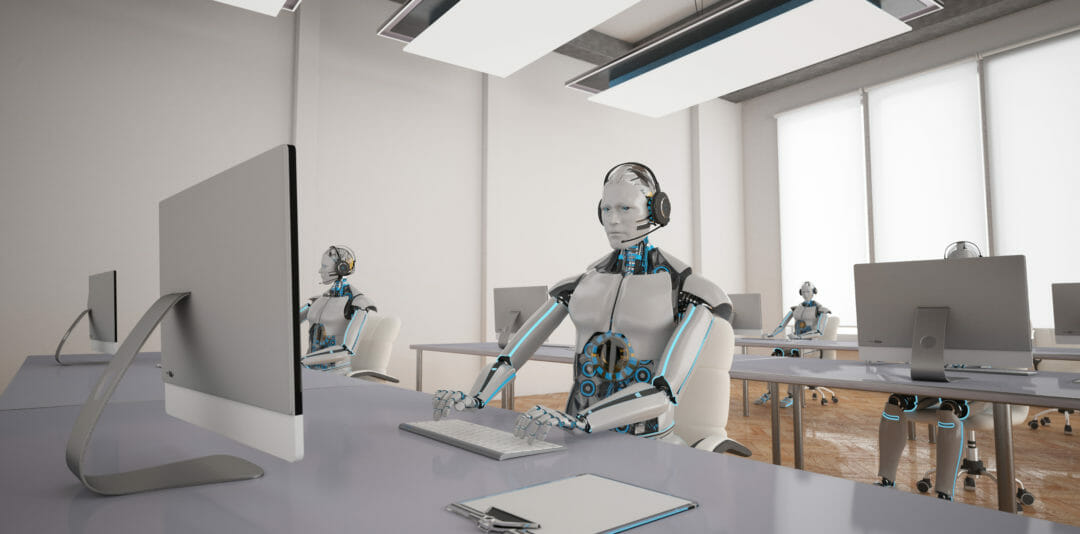Eric Xu, Rotating Chairman at Huawei, made the announcement at the third annual HUAWEI CONNECT, a global event for the information and communications technology (ICT) industry. Huawei’s AI portfolio includes its new Ascend series of AI chips – the world’s first AI IP and chip series designed for a full range of scenarios.
The portfolio also includes cloud services and products that are built on Ascend chip capabilities.
A guide to artificial intelligence in enterprise: Is it right for your business?
While true artificial intelligence is some way off, businesses are taking advantage of intelligent automation, like machine learning, to improve business operations, drive innovation and improve the customer experience
With its new full-stack AI portfolio, Huawei aims to provide pervasive intelligence to help drive industry development and build a fully-connected, intelligent world.
The Ascend 910 and Ascend 310 chips, signal Huawei’s ambitions to grow its AI capabilities at the chip level. Huawei believes these chips will help to accelerate AI adoption in all industries.
“Huawei’s AI strategy is to invest in basic research and talent development, build a full-stack, all-scenario AI portfolio, and foster an open global ecosystem,” said Eric Xu during his keynote.
>See also: The success of artificial intelligence depends on data
He added: “Within Huawei, we will continue exploring ways to improve management and efficiency with AI. In the telecom sector, we will adopt SoftCOM AI to make network O&M more efficient. In the consumer market, HiAI will bring true intelligence to our consumer devices, making them smarter than ever. Our Huawei EI public cloud services and FusionMind private cloud solutions will provide abundant and affordable computing power for all organisations – especially businesses and governments – and help them use AI with greater ease. Our portfolio will also include an AI acceleration card, AI server, AI appliance, and many other products.”
Huawei predicts that by 2025, the world will see upwards of 40 billion personal smart devices, and 90% of device users will have a smart digital assistant. Data utilisation will reach 86%, and AI services will be readily available, as prevalent as the air we breathe. According to Huawei, AI has become a new general purpose technology and will change all industries and organisations on earth.
According to a spokesperson, Huawei’s AI strategy has five areas of focus; investment in AI research, development of a full-stack portfolio, development of an open ecosystem, to strengthen existing portfolio and to drive operational efficiency.
>See also: Robotic process automation and the new age of digital transformation










